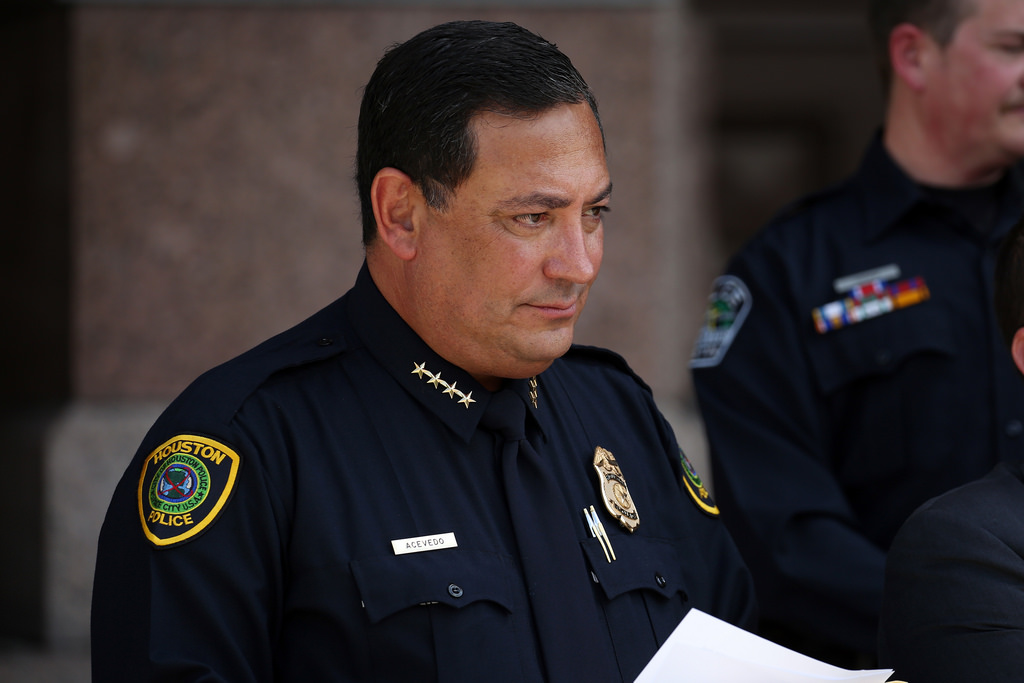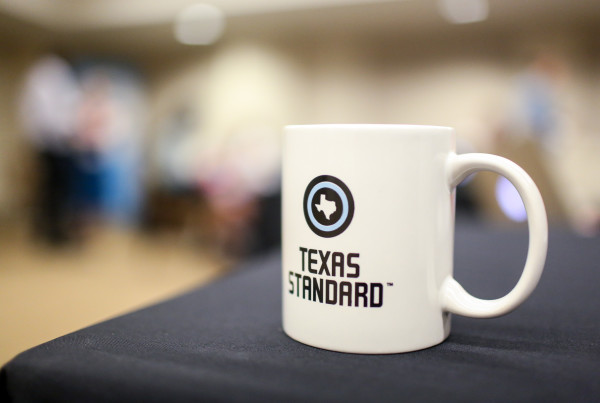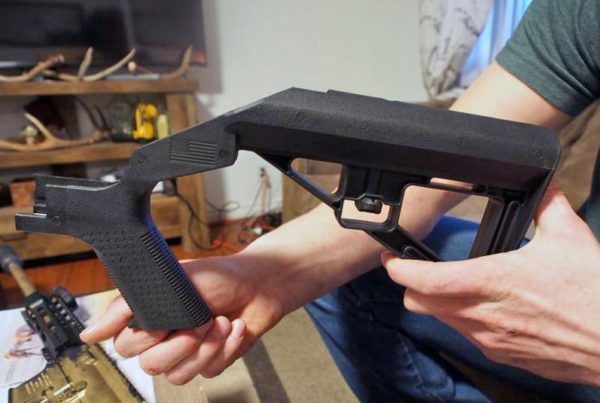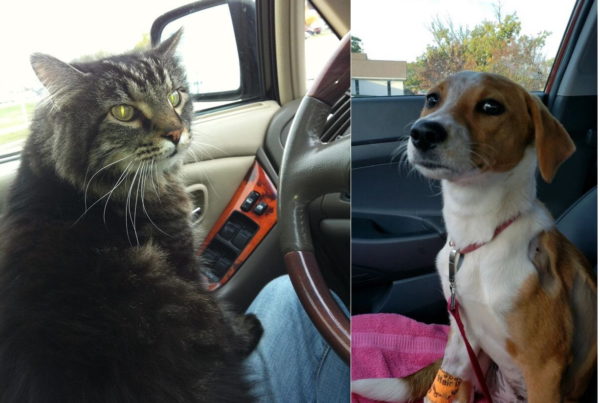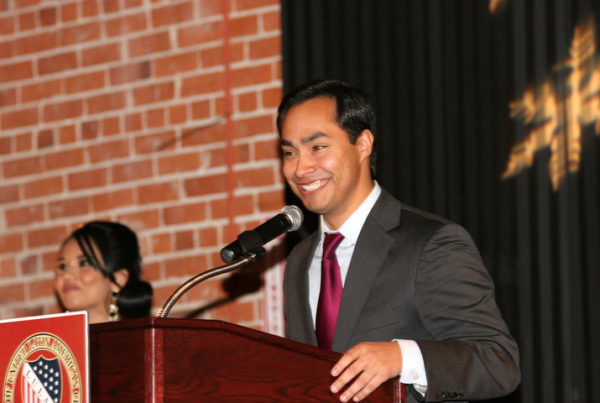The Harris County District Attorney’s office is reviewing hundreds of criminal cases handled by the officer who sought the warrant for a drug raid in Houston in January that left two people dead and five officers injured.
The Houston Police Department has acknowledged that “material untruths or lies” were used by Officer Gerald Goines to obtain the search warrant. Now, the FBI and a Texas lawmaker are also getting involved. St. John Barned-Smith has been covering the story for the Houston Chronicle and says federal investigators opened a civil rights investigation into the case.
“They’re looking in to everything that led up to and including the execution of the search warrant, which led to the deaths of Dennis Tuttle and Rhogena Nicholas,” Barned-Smith says.
He says it’s all based on an allegation that Officer Goines lied in order to get the warrant to raid their house – a raid that left Tuttle and Nicholas dead.
Barned-Smith says Goines has been with Houston Police Department for 34 years, mostly working in the narcotics division and working undercover. He says the Houston DA’s office is looking into 1,400 cases that Goines has worked on during his career, 27 of which are still active. Barned-Smith says its goal is to see whether Goines had a habit of lying to obtain warrants, or if the Houston raid was an isolated incident.
“Is it possible that people went to jail because of a lie?” Barned-Smith says of what the DA’s office is trying to determine.
The botched raid also brought attention to the larger issue of so-called no-knock raids. Earlier this week, Houston Police Chief Art Acevedo said during a press conference that he wants to stop the practice.
“What he’s saying is that’s just gonna end, and if officers want to use a no-knock raid … it’s gonna have to be personally signed off by him or his two assistant chiefs,” Barned-Smith says.
Also, Houston Democratic lawmaker Harold Dutton proposed a bill in the Texas Legislature this week that would curb no-knock raids. Barned-Smith says the bill would require SWAT teams to wear body cameras – something those in the Houston raid didn’t have.
“It would also require data collection about these kinds of raids from departments,” Barned-Smith says. “[And] it would require they be conducted only in situations where officers believed there was an imminent threat to either an officer’s life or to someone else’s life.”
And Barned-Smith says a gun in someone’s home wouldn’t be a justification for a raid, according to the bill. In Texas, that’s significant because many families have firearms.
“That, too, was one of the main issues that was in the search warrant that led to this raid,” he says. “The officer alleged that his confidential informant saw a pistol.”
Written by Caroline Covington.


